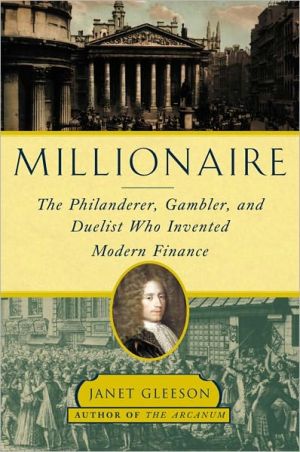
Millionaire PDF
Preview Millionaire
On the death of France's most glorious king, Louis XIV, in 1715, few people benefited from the shift in power more than the intriguing financial genius from Edinburgh, John Law. Already notorious for killing a man in a duel and for acquiring a huge fortune from gambling, Law had proposed to the English monarch that a bank be established to issue paper money with the credit based on the value of land. But Queen Anne was not about to take advice from a gambler and felon. So, in exile in Paris, he convinced the bankrupt court of Louis XV of the value of his idea.
Law soon engineered the revival of the French economy and found himself one of the most powerful men in Europe. In August 1717, he founded the Mississippi Company, and the Court granted him the right to trade in France's vast territory in America. The shareholders in his new trading company made such enormous profits that the term "millionaire" was coined to describe them. Paris was soon in a frenzy of speculation, conspiracies, and insatiable consumption. Before this first boom-and-bust cycle was complete, markets throughout Europe crashed, the mob began calling for Law's head, and his visionary ideas about what money could do were abandoned and forgotten.
In Millionaire, Janet Gleeson lucidly reconstructs this epic drama where fortunes were made and lost, paupers grew rich, and lords fell into penury -- and a modern fiscal philosophy was born. Her enthralling tragicomic tale reveals two great characters: John Law, with his complex personality and inscrutable motives, and money itself, whose true nature even to this day remains elusive.
